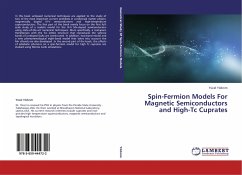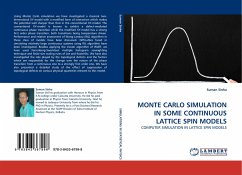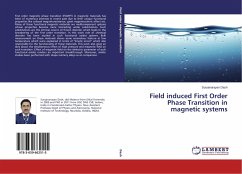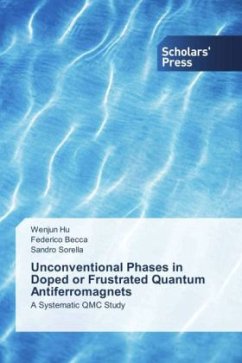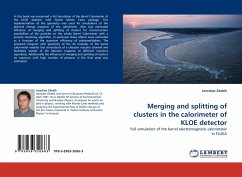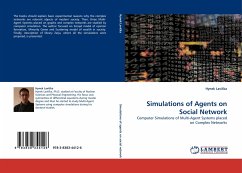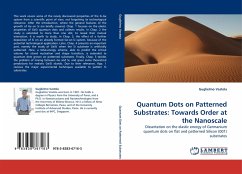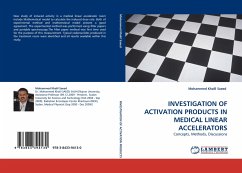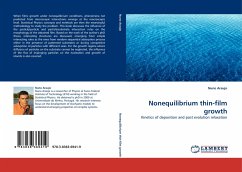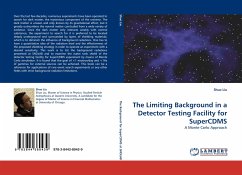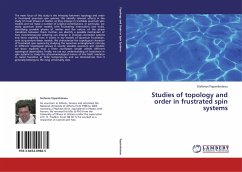
Studies of topology and order in frustrated spin systems
Versandkostenfrei!
Versandfertig in 6-10 Tagen
52,99 €
inkl. MwSt.

PAYBACK Punkte
26 °P sammeln!
The main focus of this study is the interplay between topology and order in frustrated quantum spin systems. We identify relevant effects in the study of novel phases of matter, as they emerge in tractable quantum spin models and we make a number of original contributions. In particular, we study quantum dimer models with frustrating interactions and holes, identifying possible phases of matter and the nature of the phase transitions between them. Further, we identify a possible mechanism of how incommensurate ordering can emerge in strongly correlated systems and show explicitly how it works ...
The main focus of this study is the interplay between topology and order in frustrated quantum spin systems. We identify relevant effects in the study of novel phases of matter, as they emerge in tractable quantum spin models and we make a number of original contributions. In particular, we study quantum dimer models with frustrating interactions and holes, identifying possible phases of matter and the nature of the phase transitions between them. Further, we identify a possible mechanism of how incommensurate ordering can emerge in strongly correlated systems and show explicitly how it works in toy models of quantum frustration, such as quantum dimer models. We characterize the topological character of frustrated spin systems by studying the quantum entanglement entropy of different topological phases in exactly solvable quantum spin models; we show explicitly how a finite correlation length affects different topological observables. Finally, we use our understanding of frustration in spin systems to study the phenomenological nature of the Mott insulator to metal transition at finite temperatures and we demonstrate that it generally belongs to the Ising universality class.



